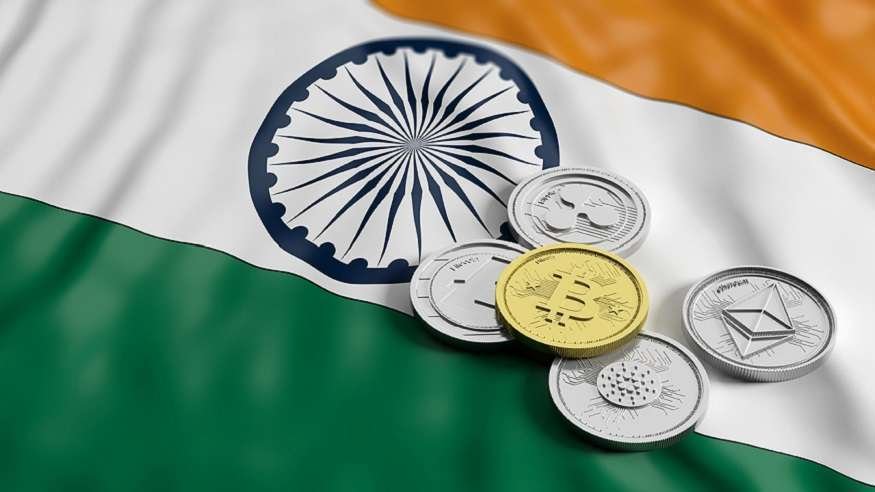In a significant move to bridge the gap between academia and employability, India has introduced a new credit framework designed to align higher education with the evolving demands of the job market. This innovative system aims to ensure that students graduate not just with degrees, but with real-world skills that prepare them for today’s workforce.
The new framework, introduced under the National Education Policy, allows students to accumulate academic credits across different levels and institutions — even across disciplines and modes of learning. These credits can be transferred, stacked, and used toward gaining qualifications like diplomas, degrees, or certifications.
At the core of the framework is the idea of flexibility and lifelong learning. Whether a student chooses to learn through a formal university course, an online program, or even hands-on vocational training, all learning experiences can now be recognized and rewarded within a unified system.
One of the most transformative aspects of this plan is its focus on employability. The framework encourages the inclusion of skill-based modules and practical training within traditional academic structures. This not only allows for better industry alignment but also ensures that learners gain tangible competencies that employers actually look for.
Another feature includes integrating general education with vocational and professional learning. This means a student studying engineering can also earn credits in communication, data analytics, or entrepreneurship — creating a more holistic and adaptable workforce.
The new system also promotes mobility, enabling students to move between institutions or return to learning after a gap without starting from scratch. It opens up possibilities for cross-disciplinary studies and encourages curiosity-driven education that’s more in tune with the realities of today’s fast-changing job landscape.
Overall, this credit-based framework is a step toward a more learner-centric, skill-oriented education system in India. It has the potential to empower students to take charge of their learning journeys and enter the workforce with confidence, relevance, and adaptability.

